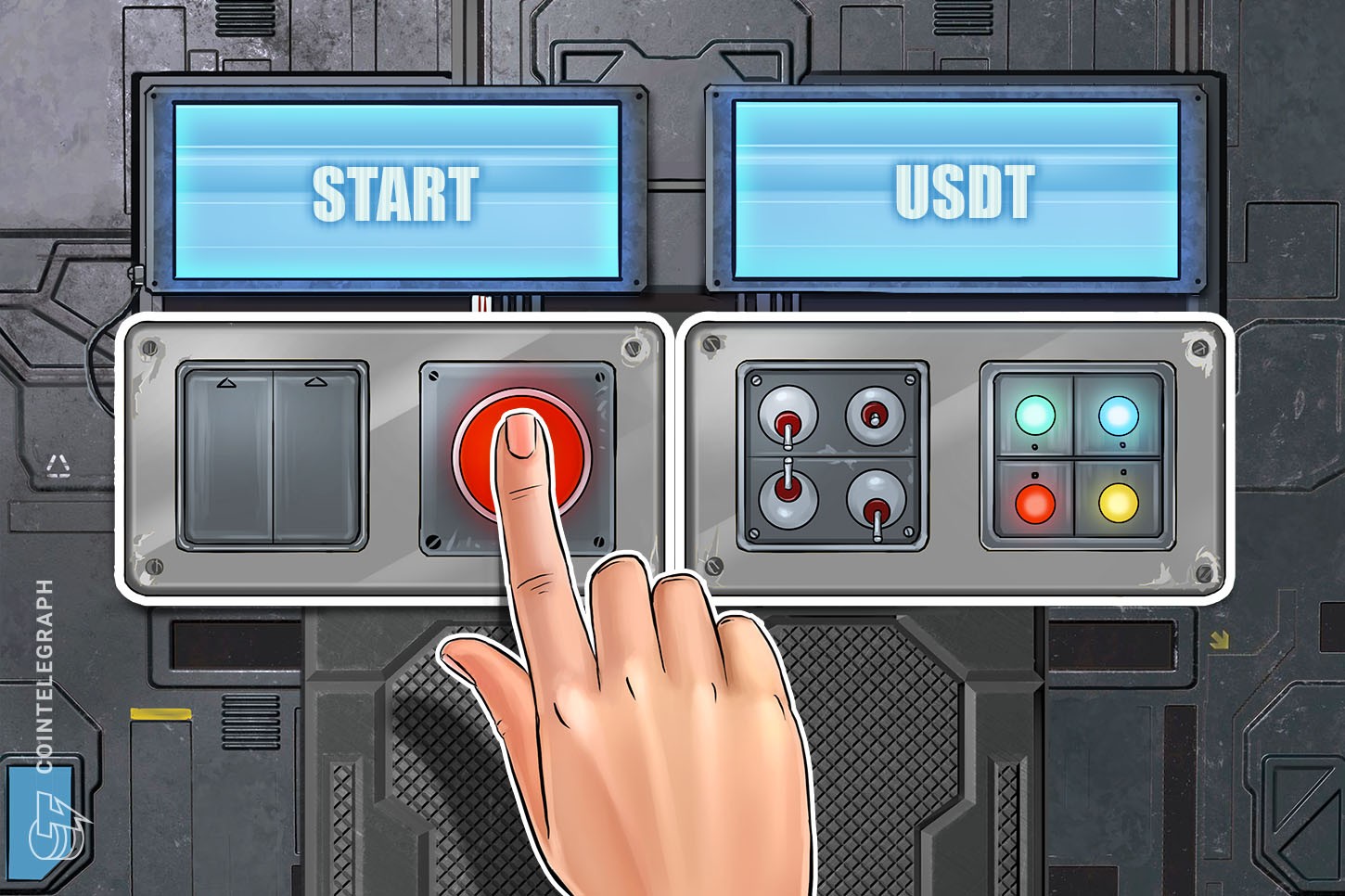Blockchain protocol Tron (TRX) and Tether, issuer of stablecoin USDT, have announced a partnership to introduce USDT to the Tron network by the second quarter of 2019. The news was shared with Cointelegraph in an email on March 4.
The forthcoming TRC20-based USDT — a term that indicates adherence to a technical token standard supported by the Tron blockchain — will be interoperable with all Tron-based protocols and decentralized applications (DApps), and allow for the transaction and exchange of fiat-pegged coins across the blockchain.
The USDT, which launched in 2014, has traditionally facilitated frictionless fiat on- and off-ramping to the crypto markets, allowing users to store and exchange value without the onus of slow fiat transfer processing times.
Tron — which positions itself as a competitor to Ethereum (ETH) by coupling decentralized finance with a wider decentralized internet ecosystem — claims that the addition of USDT will therefore “elevate its existing decentralised applications (DApps) ecosystem, improve overall value storage, and increase Decentralised Exchange (DEX) liquidity.”
The press release continues that USDT on Tron will also purportedly make the blockchain as a whole more amenable to enterprise-level partners and institutional investors.
As recently reported, Tron CEO Justin Sun had announced the imminent roll out of a hard fork, which took place on Feb. 28, designed to deliver institution-friendly functionality, alongside features such as multi-signature abilities and account management options.
The expansion of the Tron ecosystem took a significant step last year with its acquisition of popular peer-to-peer torrent client BitTorrent. The latter launched its native, Tron-based BitTorrent (BTT) token at the start of 2019, which will power the pair’s plans for an evolving decentralized content distribution platform.
As Cointelegraph has reported, the BTT initial coin offering on the Binance Launchpad platform netted $7.1 million dollars, with the sale of 50 billion tokens in under 15 minutes.
Tether, which continues to command the lion’s share of the stablecoin market, is nonetheless seeing increasing competition from a steady stream of new fiat-pegged offerings as of last year.
The stablecoin has previously faced controversy, after critics had suggested that the dollar reserves did not match the amount of tokens in circulation. Last December, Bloomberg stated that it believes Tether does have the appropriate amount of fiat reserves. Tether has not released an official audit of its holdings.


